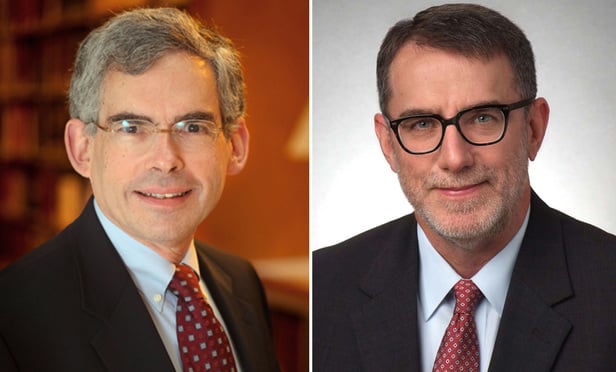The quality of public drinking water is threatened by many sources, including bacteria and pathogens from municipal wastewater plants, pesticides and nutrients in agricultural run-off, oil and salt from storm sewers and chemicals discharged from industrial processes. In the past few years, questions about the safety of public drinking water have arisen in Parkersburg, W. Va.; Little Hocking, Ohio; and Hoosick Falls, N.Y. Sampling in many places indicates that drinking water supplied to public schools may not be acceptable. As illustrated by recent reports about the crisis in Flint, Mich., even the infrastructure that conveys drinking water and efforts to disinfect raw water can impair the quality of water that comes from the tap.
Numerous federal and state laws can help protect the quality of drinking water. For example, the Clean Water Act requires permits for discharges from all discrete conveyances of water pollution. A goal of this permitting program is to “restore the chemical, physical, and biological integrity” of all surface waters, including water that is used for drinking.1 Hazardous waste clean-ups pursuant to the Comprehensive Environmental, Response, Compensation, and Liability Act are generally designed to protect the quality of groundwater supplies that are or could be used as a source of public water.2 However, the federal environmental statute designed primarily to protect the quality of drinking water is the Safe Drinking Water Act (SDWA).3
This content has been archived. It is available through our partners, LexisNexis® and Bloomberg Law.
To view this content, please continue to their sites.
Not a Lexis Subscriber?
Subscribe Now
Not a Bloomberg Law Subscriber?
Subscribe Now
LexisNexis® and Bloomberg Law are third party online distributors of the broad collection of current and archived versions of ALM's legal news publications. LexisNexis® and Bloomberg Law customers are able to access and use ALM's content, including content from the National Law Journal, The American Lawyer, Legaltech News, The New York Law Journal, and Corporate Counsel, as well as other sources of legal information.
For questions call 1-877-256-2472 or contact us at [email protected]



